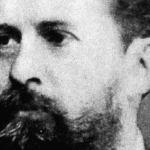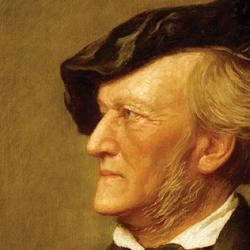Robert Tombs (The English and Their History) observes that many intellectuals have pondered the character of nations for the past two centuries, asking “whether nations are ancient or modern phenomena; whether they have some organic existence as cultural, genetic or geographical entities; whether they are political and ideological fabrications; or indeed various mixtures of these.”
Tombs takes the position that “most nations and their shared identities are modern creations, the products of literacy, urbanization, and state-led cultural and political unification.” Italicize “most,” because there are ancient nations, and England is among them.
Tombs writes, “The concept of an “English people” (gens Anglorum) emerged in the eighth century, an English kingdom with its own land (‘eard’) in the ninth, and that land acquired a name, England—or, rather, Englalond—around the year 1000.”
Admittedly, there are older nations like China or Iran. But, he argues, “there are few if any older ‘nation-states,’ a political form of which the English turned out to be pioneers—a sizeable political community with some sense of kinship, cultural similarity, participation in government and some representative institutions.”
In fact, “the very idea that such peoples or nations have continuous histories over many generations, which we take so much for granted in Western culture, owes much to the pioneering writings of Anglo-Norman clerics in the twelfth century as they tried to make sense of the Conquest.”












